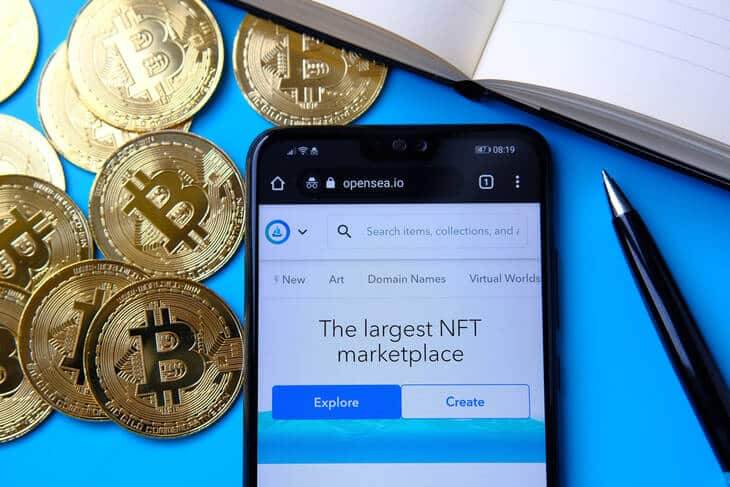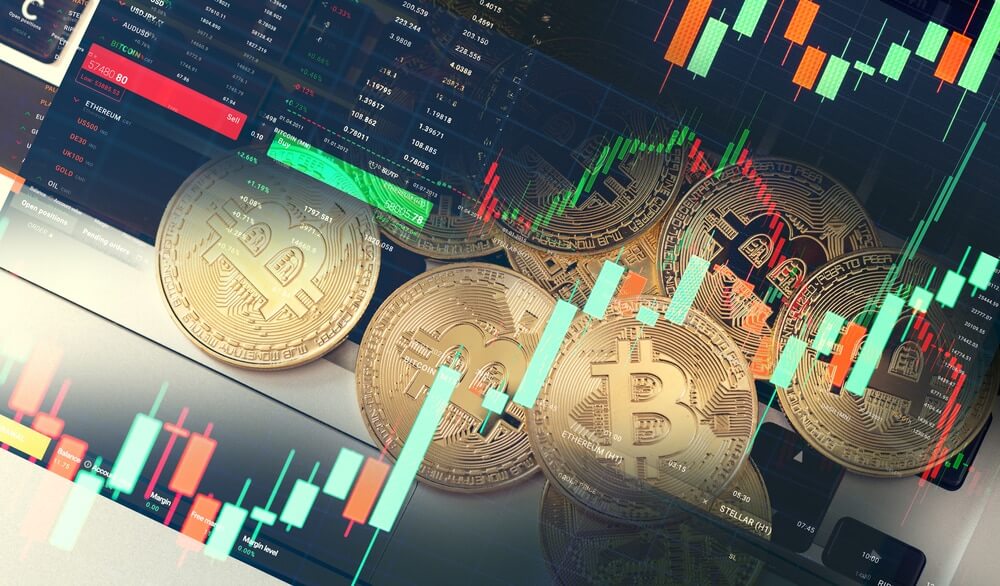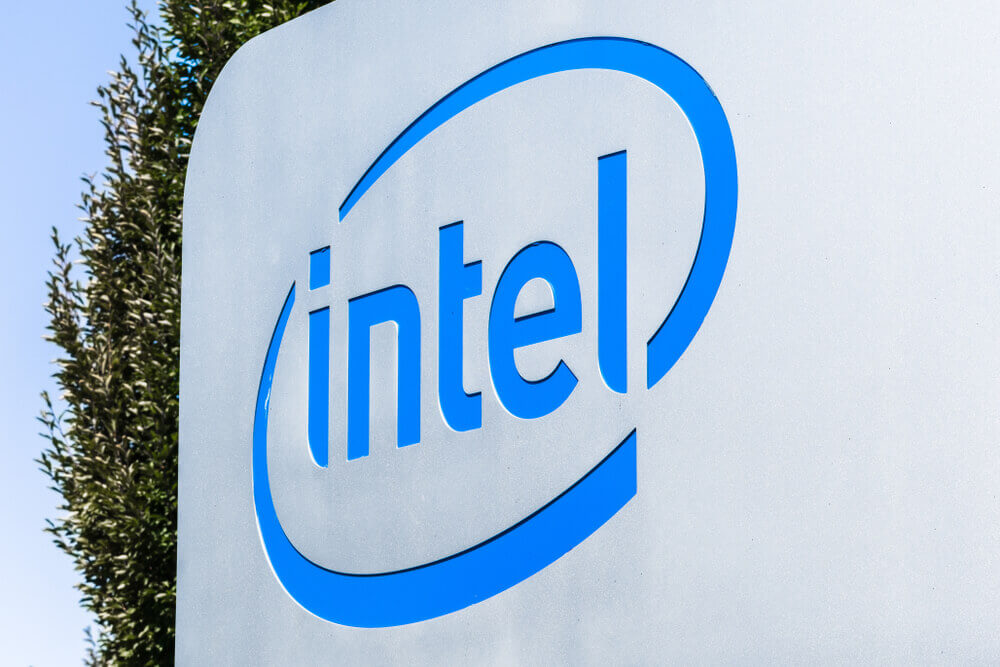
South Korea’s Largest Bank Is Launching First Crypto ETF
Kookmin Bank (KB), South Korea’s largest financial institution by net income, is preparing to launch its first cryptocurrency mutual fund. As of September 2021, KB’s total assets calculated approximately $520 billion.
On February 21, South Korea’s KB announced the establishment of a digital asset management preparatory committee. The aim is to determine products and strategic capabilities related to digital assets and artificial intelligence mutual funds.
Additionally, the bank is expected to launch crypto exchange-traded funds (ETFs) and future products. The board will also assess mutual funds for risk and compliance issues. Kim, head of quantitative management at KB Index, confirmed the plans in an official statement from the bank.
Likewise, current plans call for launching a crypto investment index fund to hire an outsourced chief investment officer (OCIO).
OCIO is an outsourced investment management company that guarantees principal investments. In addition, OCIO funds can also be used as a retirement plan.
Additionally, South Korea’s KB is launching a new investment fund for its clients in response to the growing acceptance of crypto and non-fungible token (NFT) investments.
South Korea’s KB is now following the announcement of a new retail crypto investment product by central Singapore bank DBS Bank. DBS CEO Piyush Gupta said on February 14 that the bank would work to expand its crypto business in 2022.
Intel Introduces Second-Generation Bonanza Mine Chip For Efficient Crypto Mining
Computer chip maker Intel Corp has revealed details of a new mining chip paired with a powerful 3,600-watt miner with the ultimate goal of making Bitcoin more efficient.
Intel showcased its second-generation BTC mining setup at the 2022 IEEE International Solid-State Circuits Conference (ISSCC), a conference dedicated to electronics and chip manufacturing.
According to the company, Bonanza Mine (BMZ2) is an ultra-low voltage, energy-efficient Bitcoin mining ASIC capable of delivering 40 terahertz columns per second (TH/s).
Intel’s patent on “high-performance bitcoin mining” dates back to November 2018 and proposes to reduce overall power consumption by about 15 percent. At the time, Intel reps had the confidence to compete with established players.
The BMZ2 chip is likely to follow a similar architecture to the first-generation mining chip BMZ1, which will see more than 300 chips powered by a 3,600W miner working together in a balanced environment to mine at 40 TH/s mine.
Intel’s next-generation BTC miner will deliver a balanced performance of 40.4 TH/s by consuming 2,293 W of power. Additionally, it will record a low energy consumption of 56.97 Joules/Terahertz (J/TH). Compared to Bitmain’s hardware, the Antminer S19j ASIC Bitcoin miner consumes 3,100W at room temperature to deliver up to 90 TH/s with an efficiency of 34.5 J/TH.
In addition, the hardware will also be able to operate in high-power and low-power modes to optimize the energy-to-cost ratio for different mining efficiency levels.
Intel has yet to announce an official release date and technical requirements for the second-gen crypto mining setup.
Crypto network mining difficulties continue, a solid testament to growing resilience to cyberattacks.

OpenSea Was Hit By A Phishing Attack, Affecting 17 Users
Non-fungible token (NFT) marketplace OpenSea said 17 users were affected by the phishing attack on Sunday instead of the 32 previously reported.
The phishing attack targeted smart contracts on the OpenSea platform.
The attack also appears to be no longer active. The company has said the malicious contract has been inactive for more than 15 hours.
OpenSea has yet to determine the exact source of the phishing attack. The attack was first discovered after rumors of smart contract exploitation circulated on the platform in the early hours of Sunday.
CEO Devin Finzer later tweeted that 32 users signed malicious payloads from attackers and stole some of their NFTs. However, only 17 users were victims.
Blockchain security firm PeckShield said the exploit was most likely phishing. In the mentioned attack, users authorize the migration of their NFTs to new smart contracts. The process ended up with stealing them.
NFTs are digital assets on the blockchain that represent virtual or physical items ownership.
OpenSea is one of the most well-known platforms in the NFT world, with a recent $300 million investment round worth $13.3 billion.
According to DappRadar, the company’s transaction volume over the past 30 days was $3.77 billion.

Portugal, El Salvador, And Ukraine Continue To Lead The Crypto Adoption Boom
The public has yet to witness the nationwide global adoption of cryptocurrencies. Even so, the number of countries willing to take risks to benefit from cryptocurrencies is increasing. Below are the latest updates on countries that support cryptocurrencies.
The Portuguese Tax Authority (PTA) has clarified that buying and selling cryptocurrencies will not be subject to capital gains tax or value-added tax (VAT).
In a PTA position released in 2016, capital gains from the sale of cryptocurrencies, including dividends and interest income, are not taxed under the E Income Tax Act. Additionally, cryptocurrency sales are not taxable in the category G (capital gains) area.
However, companies providing crypto-related services pay 28% to 35% capital gains tax as professionals or corporations.
With this reminder, Portugal asserts itself as a crypto-friendly country, joining other European countries like Germany, Switzerland, and Malta.
Speaking of El Salvador, its Gross Domestic Product (GDP) skyrocketed after adopting Bitcoin as legal tender.
El Salvador’s GDP is likely to reach around $26.8 billion from a trend of approximately $25.6 billion in 2021. Reports do not indicate whether this is due to the move to BTC to make it legal tender. However, El Salvador’s financial authorities continue to insist that cryptocurrency will be a wealth of the nation’s economy.
Meanwhile, Ukraine processes more cryptocurrency transactions every day than its fiat currency, the hryvnia.
This development is related to the recent law passed by the Ukrainian parliament on the legalization of cryptocurrencies. Parliament is now preparing a regulatory and governance framework for cryptocurrencies like Bitcoin.
Ukrainian law does not recognize cryptocurrencies as legal tender, unlike El Salvadorian legislation. However, this development seems like a victory, as companies involved in crypto businesses can rely on proper regulation.
-
Support
-
Platform
-
Spread
-
Trading Instrument





